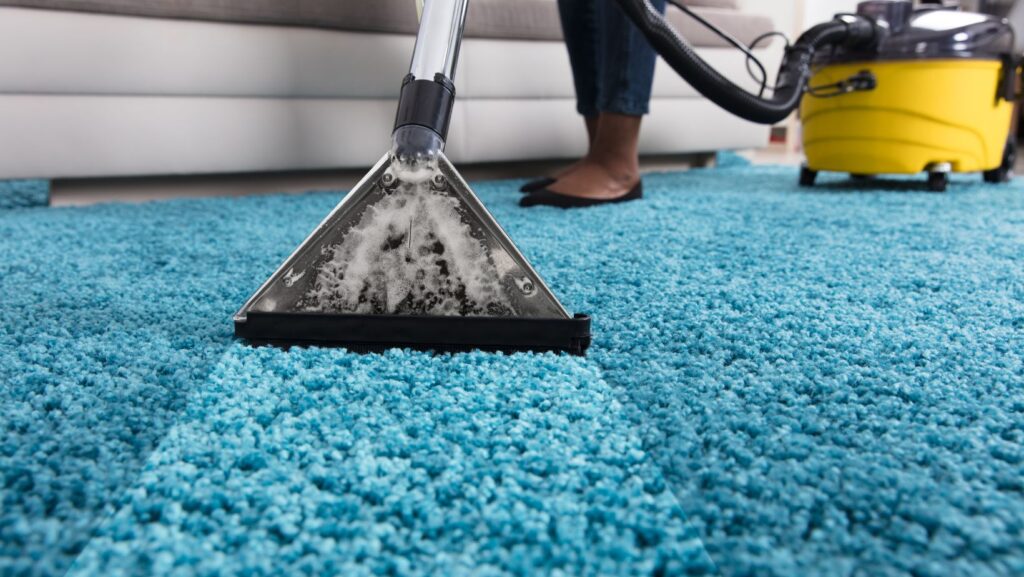Table of Contents
ToggleVacuum Filters Shark
When it comes to keeping our homes clean and free of dust, a reliable vacuum cleaner is an essential tool. And one crucial component of any vacuum cleaner is the filter. In this article, I’ll be focusing specifically on vacuum filters for Shark models. If you’re looking to replace or upgrade your current filter, or if you’re simply curious about how these filters work, you’ve come to the right place.
Shark vacuum filters are designed to capture and trap small particles, such as dust and allergens, ensuring that the air expelled from the machine is clean and fresh. These filters play a vital role in maintaining indoor air quality, especially for those with allergies or respiratory issues. With regular maintenance and proper cleaning techniques, Shark vacuum filters can last for an extended period before needing replacement.
There are various types of Shark vacuum filters available on the market, including foam filters, felt filters, and HEPA (High-Efficiency Particulate Air) filters. Each filter type serves a specific purpose, so it’s important to choose the one that best suits your needs. Whether you have pets that shed fur or need extra filtration for allergy relief, there’s a Shark vacuum filter out there for you.
In the following sections of this article, I’ll delve deeper into each type of Shark vacuum filter, their features and benefits, as well as provide some tips on how to properly maintain and clean them. So if you’re ready to learn more about vacuum filters for Sharks and ensure your home stays fresh and allergen-free, let’s dive right in!

Types of Vacuum Filters
When it comes to vacuum cleaners, the importance of a good filter cannot be overstated. The right filter not only ensures that your vacuum operates efficiently but also helps improve the air quality in your home. Let’s explore some common types of vacuum filters that you may come across while searching for the perfect cleaning companion.
- HEPA Filters: High-Efficiency Particulate Air (HEPA) filters are widely regarded as one of the most effective filters available in the market today. These filters are capable of trapping particles as small as 0.3 microns with an impressive efficiency rate of 99.97%. If you or your family members suffer from allergies or asthma, a vacuum with a HEPA filter is highly recommended to remove allergens like dust mites, pollen, and pet dander from your living spaces.
- Foam Filters: Foam filters are another popular option found in many vacuums. These filters work by trapping larger particles such as dirt and debris before they can reach the motor or other delicate components inside the machine. Foam filters can be easily cleaned and reused, making them cost-effective and environmentally friendly.
- Carbon Filters: Carbon filters excel at tackling unpleasant odors and capturing harmful gases released during vacuuming. They contain activated carbon, which has excellent adsorption properties to neutralize odors caused by pets, cooking, or other household activities. While not always present in every vacuum cleaner model, carbon filters offer an extra layer of freshness to make your cleaning experience more enjoyable.
- Pre-Motor Filters: Pre-motor filters act as a first line of defense against dust and dirt entering the motor chamber of your vacuum cleaner. By preventing debris from clogging up vital components, pre-motor filters help maintain optimal performance and prolong the lifespan of your machine.
- Post-Motor Filters: As their name suggests, post-motor filters capture any remaining particles after the air has passed through the motor. These filters ensure that the exhaust air expelled by the vacuum is clean and free from fine dust particles. Regularly cleaning or replacing post-motor filters can help prevent recirculation of allergens back into your home.
Remember, different vacuum models may incorporate a combination of these filters to deliver superior cleaning performance. When selecting a vacuum cleaner, consider factors such as your specific cleaning needs, budget, and maintenance requirements associated with each filter type.
By understanding the various types of vacuum filters available on the market, you can make an informed decision when choosing a vacuum cleaner that suits both your cleaning preferences and promotes a healthier indoor environment. Happy cleaning!

